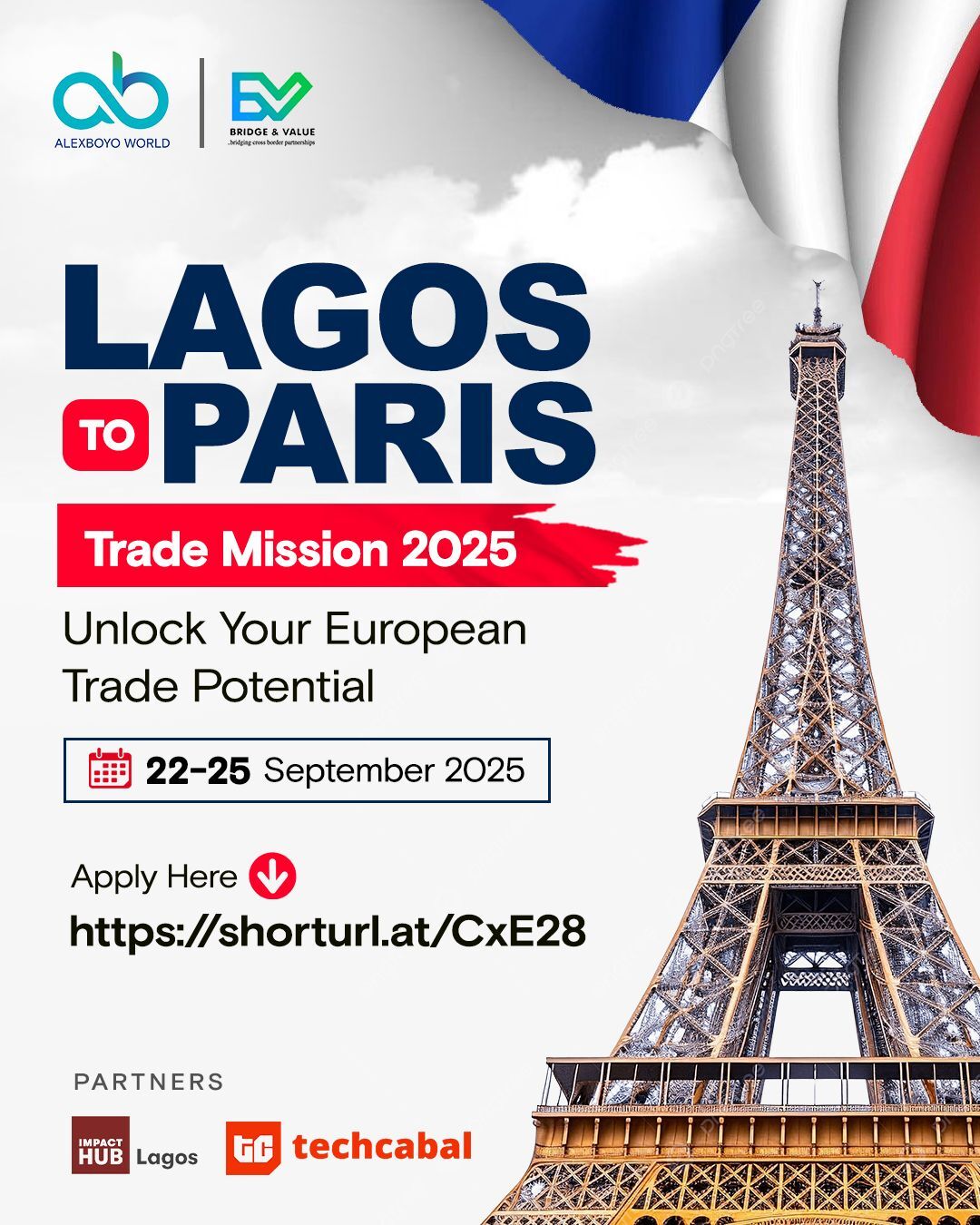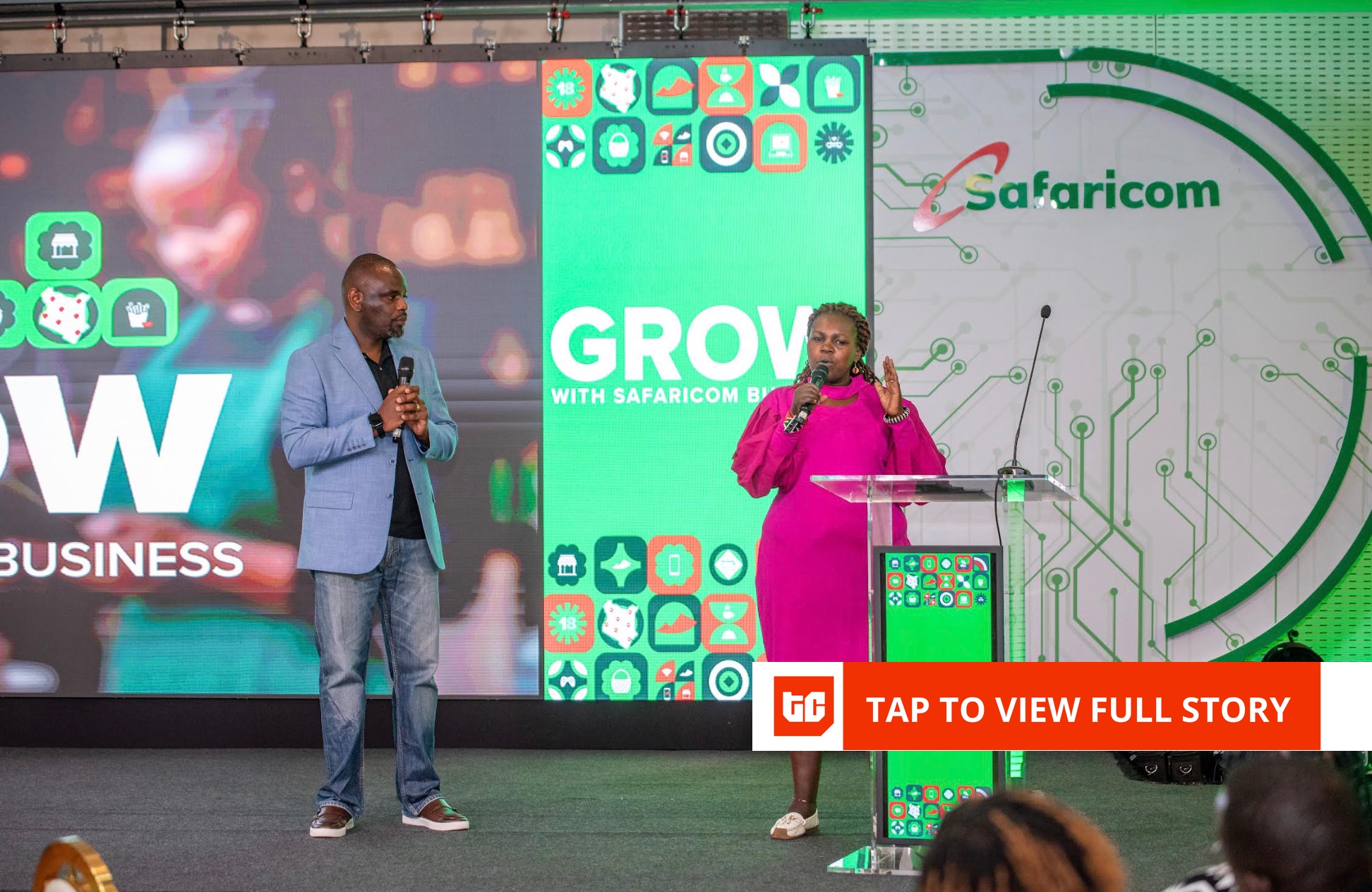First published 10 Aug, 2025
Skipping the AI boom, for now
Image: Pixbay
We all know by now that AI is pulling in serious cash. In the first half of 2025, AI startups globally secured more than $35 billion, according to Crunchbase. That is more than double the same period in 2024 as investors chase breakthroughs in every aspect of life that AI can improve. The money is flowing fast, but not evenly, because just a few companies, mainly in the US and China, are capturing the bulk. That makes it harder for smaller or regional players in emerging markets like Africa to break through.
After consecutive steep drops in venture capital funding for startups in 2023 and 2024, the first half of 2025 has been a collective relief for stakeholders across Africa’s technology landscape. But even with more deals getting done, the uneven global AI funding trend raises questions about where African startups fit in.
AI investment versus African capital flows
While global AI investment is accelerating, much of Africa’s recent capital rebound has not gone into AI. Instead, the money is clustering around sectors like fintech where returns are proven and the narrative has already been sold to investors. The choice is not being framed as either a failure or a victory. It feels more like an acknowledgement that African capital is moving cautiously, focusing on safer bets rather than chasing the AI wave in the same way the US and China are.
This caution comes from a place of hard-earned experience. When the global capital market tightened in 2023, it exposed the fragility of Africa’s tech narratives. Many of those stories, built on demographic growth or the promise of leapfrogging infrastructure gaps, were backed more by cheap global money than by strong commercial foundations. The speaker’s point is that AI’s current hype cycle could play out the same way if African investors rush in without proven business models to back it up.
The position here is neither fully for nor against heavy AI investment in Africa. There is an underlying sense that the continent’s more careful approach might be the smarter move for now. With limited pools of capital, a wrong bet on an unproven AI play could come at the cost of funding multiple ventures in other sectors. This is why fintech and other tested models continue to attract the bulk of funding, even as the global AI market soars.
Next Wave continues after this ad.
What an aggressive AI investment strategy could look like
If Africa decided to go all in on AI, the approach would need to be deliberate and strategic. It could mean creating dedicated funds to support AI ventures from the earliest stages and partnering with governments to finance AI research and infrastructure. It could also involve rapidly applying AI to public services like healthcare and agriculture to prove its social and commercial potential.
Another part of such a strategy would be building the talent pipeline. Subsidised AI training, partnerships with global research hubs and targeted recruitment could ensure Africa develops the skills to compete. There would also be room for big bets on moonshot projects where Africa holds unique advantages, such as AI for African languages or for solving resource management challenges.
These moves would not be without risk. AI could displace jobs, particularly in sectors with high levels of informal labour. Without plans to reskill and absorb affected workers, the knowledge economy gains from AI might come at a significant social cost.
Can Africa compete without matching the capital?
Africa will not match the tens of billions flowing into AI in other regions. Yet there is still space to compete. Africa’s diversity in languages, culture and environment offers a richness of data that could make AI models more globally representative. Targeting niche markets in areas like agriculture, microfinance, informal trade or public health can also create defensible positions without needing massive amounts of capital.
Lower operating costs and a faster ability to experiment can work in Africa’s favour. Countries with lighter regulatory frameworks could also pilot and scale AI applications more quickly than some more developed markets. The challenge is to choose the right spaces to dominate instead of trying to win the global AI race on all fronts.
The rebound in African startup fundraising looks less like a flight to quality and more like a flight to safety. Investors are choosing what they know, not necessarily what is most future-proof. In AI, the pattern is similar. The largest bets are going to familiar names with predictable growth paths, leaving many high-variance but potentially groundbreaking ideas struggling for attention.
In Africa, this conservatism is a hedge against the risk of losing scarce capital, but it can also mean missing out on first-mover advantages. Deciding when to take that leap is the hard part.
Move too early, and you risk running out of capital before the market is ready. Move too late, and you face inflated valuations. Finding the sweet spot requires deep understanding of the sector and some luck. For Africa, where the margin for error is smaller, this makes the cautious approach more understandable.
According to my former colleague Abraham Augustine, Africa needs stories that are not tied too closely to the global state of capital. The same is true for AI. Whether funding is local or international, the way opportunity cost is framed influences decisions. Outdated or weak narratives make it harder to attract new capital.
For African AI startups, the story needs to be built on strong fundamentals. That means showing paying customers, measurable traction and intellectual property. The AI funding boom of 2025 could last, but history shows that cycles tighten quickly. When that happens, investors will stick with companies that have already proved they can weather a slower market.
The message here is not that Africa should avoid AI investment altogether, but that if Africa is to push harder into AI, it should do so in ways where it can win, with narratives that match market realities rather than hype.
Next Wave ends after this ad.
Kenn Abuya
Senior Reporter,
Thank you for reading this far. Feel free to email kenn[@]bigcabal.com, with your thoughts about this edition of NextWave. Or just click reply to share your thoughts and feedback.
We’d love to hear from you
Psst! Down here!
Thanks for reading today’s Next Wave. Please share. Or subscribe if someone shared it to you here for free to get fresh perspectives on the progress of digital innovation in Africa every Sunday.
As always feel free to email a reply or response to this essay. I enjoy reading those emails a lot.
TC Daily newsletter is out daily (Mon – Fri) brief of all the technology and business stories you need to know. Get it in your inbox each weekday at 7 AM (WAT).
Follow on Twitter, Instagram, Facebook, and LinkedIn to stay engaged in our real-time conversations on tech and innovation in Africa.












